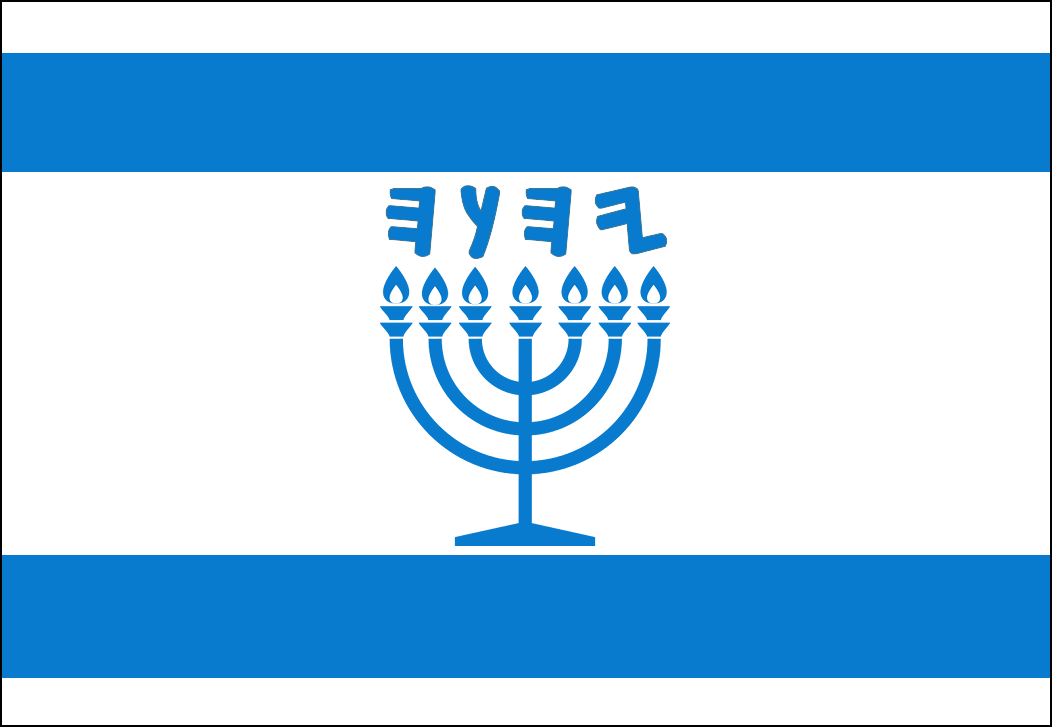
Discourse

Three days and three nights in the belly of the beast
In a previous article we explored how to account for the Three days and three nights in the heart of the earth
passage in Mattithyahu (Matthew) 12:40. However, as we continue to deepen our faith and seek truth, new revelations come to light. Today, I’d like to share my belief that 𐤉𐤄𐤅𐤔𐤅𐤏 (Yahushua) haMashiah (or Jesus the Messiah) was indeed in the grave for three literal days and nights.

Three days and three nights in the heart of the earth
The Feast of Passover or Pesach is three nights from now. The Christian “Holy Week” begins tomorrow with the celebration of “Palm Sunday”. Though there are similarities and a lot of differences between these two, there is one common question: How can “three days and three nights” fit if the Messiah died on Passover and resurrected two days later? Or, died Friday afternoon and resurrected Sunday morning?
Let’s find out together.

Happy true new year!
Happy New Year!
Today is the true New Year as per the Scriptural Zadok Calendar (March 25th of the year 2020) as well as the Scriptural Luni-Solar Calendar (Day 1 of the 1st Month, also known as New Moon Day).

The old testament Law, or Torah, was nailed on the cross
Christian preachers always teach that the Old Testament Law, or Torah, was nailed on the cross, that we are no longer under the Law but under Grace. But is this doctrine Scriptural? What does the Bible say about it?

It's all about 𐤉𐤄𐤅𐤄 (YAHUAH)!
O give thanks unto the LORD; call upon his name: make known his deeds among the people.
Tehillim (Psalms) 105:1, King James Version

Your Christian Bible and Christmas trees
What does the Christian Bible says about the “Christmas Tree”? Here are some verses and a video. Don’t believe this, rather, pick up your family Bible collecting dust and begin studying. Don’t just accept what you’re being told, hearing from preachers, priests, pastors, and teachers, prove it for yourself!

When is the true new year and day
Did you know the January 1st New Year is not the true new year? If people from the ancient times are transported today, they will call us crazy and ungrateful. The Gregorian New Year begins right in the middle of the night/dark at 00:00 and in the coldest days of winter. It, “New Year”, used to mean new beginnings, new dawn, fresh start, going into the light–the warmth that brings life.

Tsitsit, tassles, fringes, should e wear it?
As an Israelite-Natsari or YAHUwan or Messianic (whichever label you prefer), no doubt there were people we’ve come across wearing tsitsit/tzitzit. These are four (4) tassles or fringes dangling on a person’s clothing, usually placed on their pants, with a blue and white colour.
As a Natsari, should we wear tsitsit? The short answer is, yes, we should as it was commanded in Bemidbar (Numbers) 15:38-40. The long answer, that is our discussion today in this post.

The YOOki Chronicles is Yohan Yukiya Sese-Cuneta’s return into casual and personal blogging. The name “YOOki” is a mash-up of the acronym of YourOnly.One and my nickname ᜌᜓᜃᜒ (Yuki・雪矢).
Interestingly, according to Chinese legend,
.1柳
(YOO) is an ancient Chinese surname. The ancestors of the surname were closely linked with the ancient sage-king named Yu Shun. In Korea, the 유
(YU) lineage traces to the Xia, Han, and Joseon dynasties. Holders of the surname Yu or Yoo had a reputation for charity and diligence
It is also the word for “willow” or the “willow tree” which means graceful or slender; and a tree growing near a body of water which provide continuous nourishment and resources for everyone. It can also mean to exist, an oil (anointment(?)), and simply as “U” (you).
The Hanzi 紀
(ki) character means to record, be disciplined, provide order. While the Hangeul equivalent, 키
(ki), means energy, spirit, a banner, and a period of time; and is also a suffix used to make a gerund or an infinitive.
